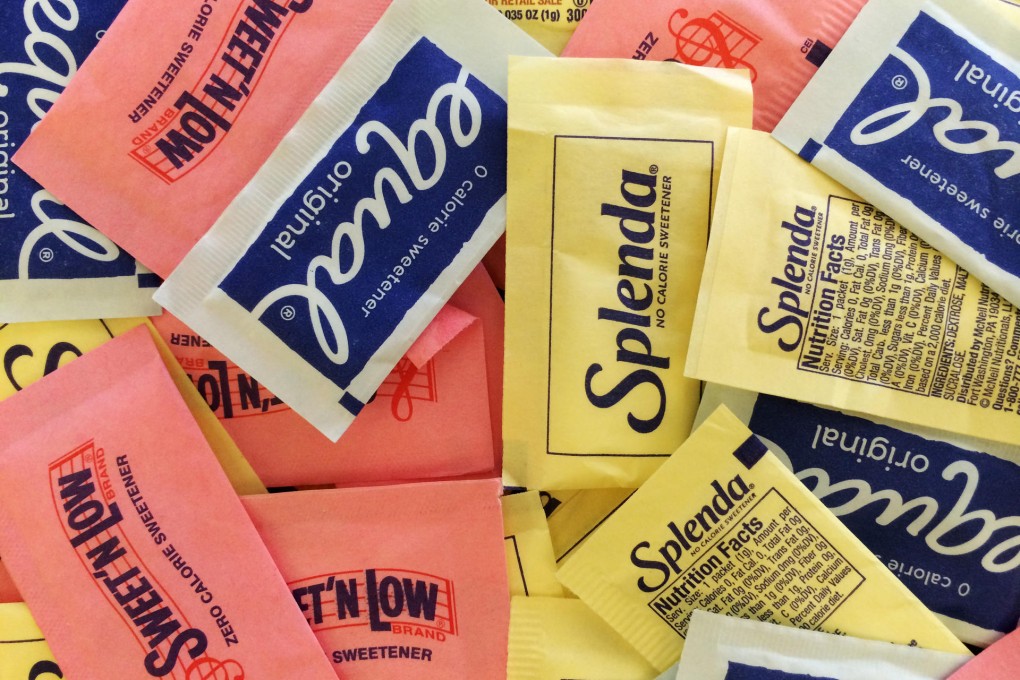Artificial sweeteners create conditions for onset of diabetes, study suggests
Study suggests using sugar substitutes changes bacteria in our bodies in ways that make us more vulnerable to obesity and Type 2 diabetes

Diet soft drinks and the artificial sweetener you put in your coffee may not be as benign as we thought, a new study suggests.
High doses of saccharin, sucralose and aspartame can change the population of healthy gut bacteria in mice and in some humans. And those changes can affect how well their bodies metabolise sugar, according to a study published on Wednesday in the journal Nature.
"We are by no means prepared to make recommendations about the use and dose of sweeteners, but these results should prompt additional study and debate on the massive use of artificial sweeteners," said Dr Eran Segal, a biologist at the Weizmann Institute of Science in Israel and an author of the paper.
Artificial sweeteners are not digested by the human body, which is why they have no calories. However, they must still pass through our gastrointestinal tract, where they encounter the vast ecosystem of bacteria that thrive in our guts. These bacteria, though not technically part of our bodies, still play an important role in our physiology, including how we process glucose and other sugars.
To find out whether artificial sweeteners affect healthy gut bacteria, the researchers added saccharine, sucralose or aspartame to the drinking water of different groups of mice. Other mouse groups got real sugars in their water, and a control group got plain, unsweetened water.
After 11 weeks, the mice that received the artificial sweeteners showed higher levels of glucose intolerance compared with the others - a sign that their bodies were doing a worse job of processing sugar. Among other things, this causes blood sugar to be too high, and is often a precursor to Type 2 diabetes.
To see whether the gut microbiome had anything to do with the link between drinking artificial sweeteners and developing glucose intolerance, the researchers gave the mice antibiotics for four weeks to pretty much wipe out their gut bacteria. After that time, all the mouse groups were able to metabolise sugar equally well.